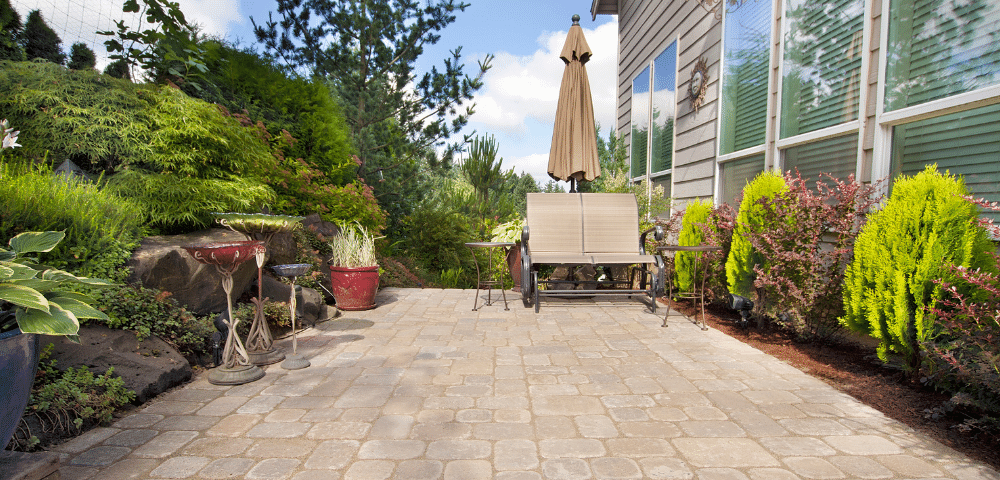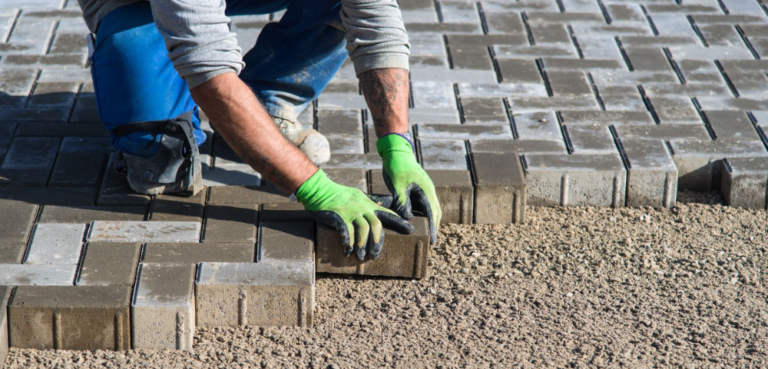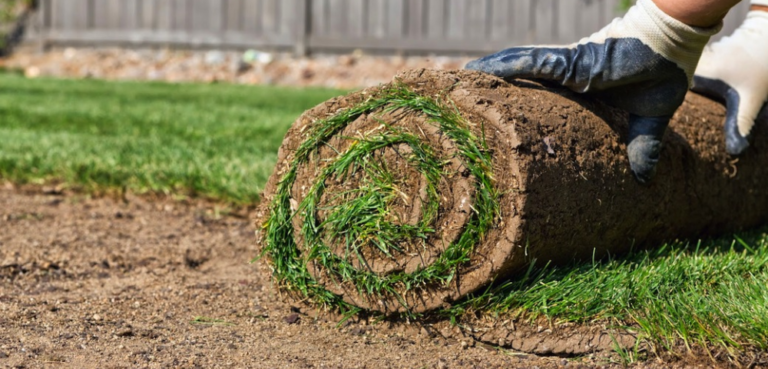Choosing the right material for your driveway or outdoor living space is crucial. Two popular options for creating a visually appealing and durable surface are paver vs stamped concrete.For homeowners considering driveway options, it’s essential to grasp the distinct features of both pavers and stamped concrete.
Fortunately, Line of Art Construction possesses expertise in both domains, ensuring you can bring your dream driveway to life. Let’s delve into the specifics of paver driveways and stamped concrete, explore their benefits, and provide insights to guide your decision.
Paver Driveways: An Overview
Paver driveways are composed of interlocking pieces of concrete or stone. These pavers are modular, allowing for a multitude of patterns, resulting in a unique and visually appealing design. A primary advantage of paver driveways is their resilience. They effectively withstand heavy traffic and adverse weather conditions, positioning them as a prominent choice for homeowners.
Pavers are made from different materials such as concrete, bricks, and natural stones. Depending on the material used, pavers can create different aesthetic effects. For instance, natural stone pavers provide a rustic and natural look while concrete pavers provide a sleek and modern look.
Advantages of Paver Driveways
Let’s delve into the benefits of opting for a paver driveway. The following points underscore why homeowners might consider this option over others when designing their outdoor spaces.
- Durability and Longevity: Paver driveways are known for their durability and can withstand high traffic and extreme weather conditions. With proper care, they can last for several decades without needing major repairs.
- Aesthetically Pleasing: With pavers, homeowners have extensive design options. They can choose from a variety of patterns, shapes, and materials to create a unique, visually pleasing driveway that complements their home’s exterior.
- Easy to Repair: If a paver becomes damaged or stained, it can be easily replaced without affecting the surrounding area. This makes paver driveways a cost-effective choice in the long run.
- Non-Slip Surface: Pavers offer a textured surface that provides better traction for vehicles than smooth concrete, reducing the risk of slipping during wet weather.
- Better Drainage: Paver driveways allow for better water drainage compared to concrete slabs. The joints between the pavers provide channels for rainwater, reducing pooling and the risk of water damage.
Stamped Concrete: The Basics
Stamped concrete is a technique that allows concrete surfaces to be transformed into visually appealing designs such as brick, flagstone, or tile. The concrete is poured and then stamped with a pattern to achieve the desired effect. The key characteristic of stamped concrete is its consistency in design. Because it is poured as a single slab, there are no seams or joints that could compromise the design.
Stamped concrete provides a wide variety of patterns and colors that allow for unique customization. Various effects can also be achieved through adding color hardeners or using acid staining to alter the finish of the concrete.
Advantages of Stamped Concrete
Let’s explore the benefits of choosing stamped concrete for your driveway or outdoor space.
- Cost-Effective: Installing stamped concrete is generally less expensive than installing pavers, making it a budget-friendly choice for homeowners.
- Design Versatility: The wide array of patterns and colors available for stamped concrete allows homeowners to create unique, customized designs that can mimic the look of more expensive materials such as brick, flagstone, or tile.
- Low Maintenance: Since stamped concrete is a single continuous surface, it requires less maintenance compared to pavers. There are no gaps where weeds can grow and no individual pieces that can loosen or shift over time.
- Durability: Stamped concrete is a solid surface that can withstand heavy traffic and a variety of weather conditions, similar to paver driveways.
- Consistent Appearance: Because stamped concrete is poured as one slab, the design is not disrupted by gaps or joints, presenting a consistent, seamless appearance.
Making the Right Choice
When deciding between paver vs stamped concrete, it is important to consider various factors. Homeowners should consider the overall design aesthetic they want to achieve, as well as the amount of traffic the driveway or outdoor living space is likely to experience. Budget should also be a consideration. While pavers may be more expensive upfront, the long-term benefits of durability, design flexibility, and ease of maintenance may be a better investment.
Finally, keep in mind the maintenance and repair demands of each choice, as this can influence both the long-term expenses and the material’s durability.
In Conclusion:
Deciding between paver vs stamped concrete isn’t just a coin toss. At Line of Art Construction, we value the blend of beauty and practicality in outdoor spaces. Our palette of services ranges from pavers and stamped concrete to block walls, retaining walls, turf, fireplaces, outdoor kitchens, pools, and even patios & decks. Given our deep knowledge in both paver driveways and stamped concrete, we’re poised to guide you toward the perfect fit for your home. With a history of delighted clients and a dedication to seeing their dreams come to life, consider Line of Art Construction for your upcoming outdoor makeover.
Frequently Asked Questions
Which offers more design and color flexibility: pavers or stamped concrete?
Stamped concrete offers a wide range of design and color flexibility as it can mimic the look of bricks, tiles, and even natural stones. However, pavers come in various shapes, sizes, and colors, allowing for more intricate patterns and combinations. Both offer substantial design options, but the choice often depends on the specific look and customization the homeowner desires.
How do maintenance requirements differ between pavers and stamped concrete?
Pavers, being individual units, can be easily replaced if damaged, and they typically have better resistance to cracking due to their interlocking nature. Stamped concrete, on the other hand, requires regular sealing to maintain its color and prevent cracks. Over time, stamped concrete might show wear and can be more challenging to repair seamlessly than pavers.




